
Next Sunday´s presidential elections in Brazil will undoubtedly will not only bring a president, because their result will have a direct impact on regional integration blocs like South Common Market (Mercosur) and the Union of South American Nations (Unasur).... More

As Shakespeare would describe the situation, the “dogs of war” have been unleashed between the US, NATO and the Islamic Republic or ISIL. ... More

Republican House Speaker John Boehner has characteristically come out with his opinion that the U.S. may have "no choice" but to send American troops to fight ISIL if Obama's strategy fails. ... More

Let's take a look at he first item on the long list of issues to be addressed at the United Nations General Assembly in New York this week: Climate change. ... More
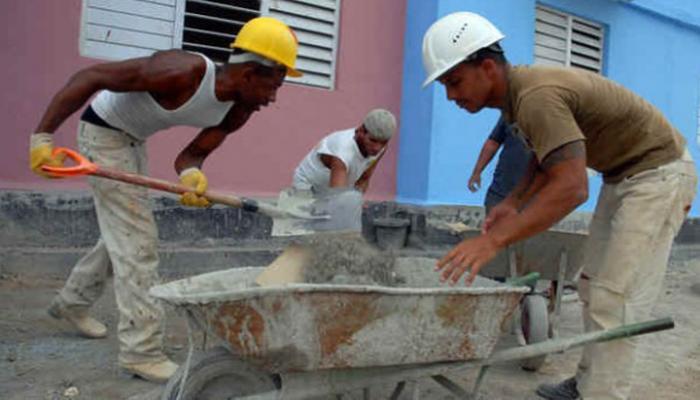
Journalists at RHC have been monitoring the economic implications of the United States blockade of the island ever since estimates were made available and as the years roll by, the effects of the blockade on sensitive, specific areas of Cuban society have emerged with painful clarity. One such sector is the construction industry in Cuba.... More
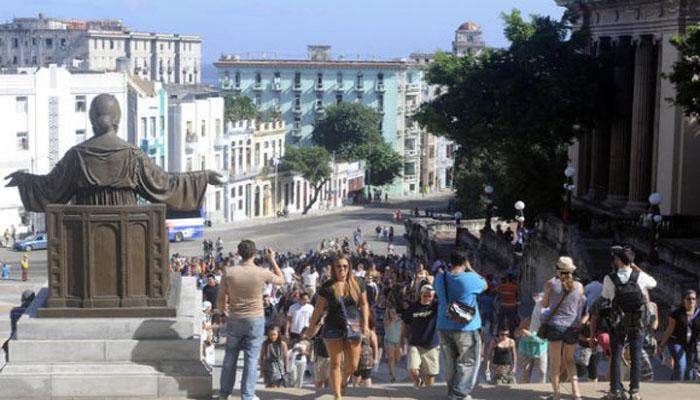
Cuban education was nationalized in 1959 at a time when less than half the children had access to education. Today the island has the highest literacy rate in the world. This privilege comes at a cost of loyalty to the state, and an obligation to do community service and for males, military service. In other words, the Cuban educational ethos is built on giving back.... More

The 5 key factors behind Cuba’s rapid transition to sustainable agriculture are strong scientific capacity, farmer literacy, solid agricultural extension, large cooperatives, good soils, water and of course climate.... More

Around the globe, the International Year of Family Farming, or the IYFF’s National Committees are continuing to work towards improving conditions for family and small-scale farmers.... More

The birth rate in Cuba, which had been in the mid-20s per one thousand of the population during the 1950s, climbed to the mid-30s in the years immediately following the Cuban Revolution. Starting in the late 1960s it declined to reach a low of 14 per one thousand in 1980, one of the most rapid declines on record. And the most recent statistics show that, today the problem is still a grave one.... More
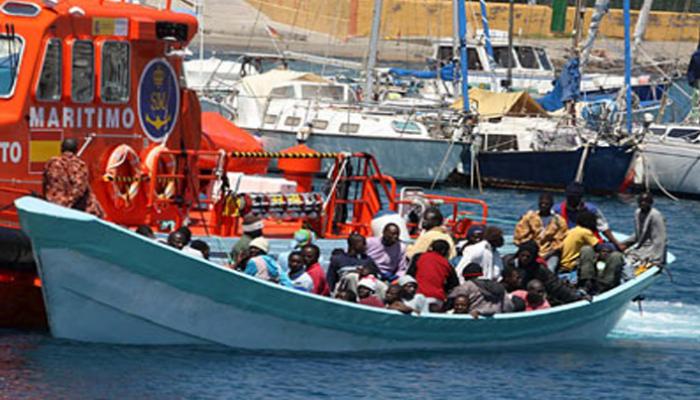
In Italy between August 2013 and July of this year, 117,000 African migrants have arrived by boat, crafts both large and not so large.... More

The idea of orthodox military conflict with the use of fighter and bomber planes, tanks and other conventional war machines devouring bot land and lives is still current in US military thinking, but non-conventional aggression is gaining space in the plans of the world’s main imperialist power.... More
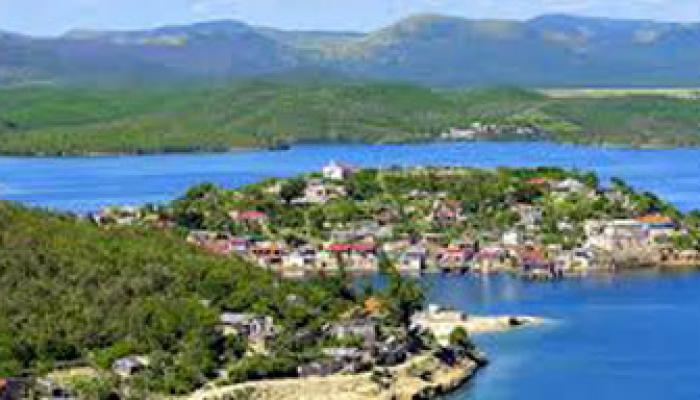
The present harbour installations in Santiago de Cuba, the Cuba’s second largest city, are to be updated with financial assistance from China in order to turn the port into a modern, efficient window to the Caribbean and South America.... More

Nicaragua has just celebrated the 35th. anniversary of the Sandinista Revolution, that put a decisive end to decades of murder and oppression by the bloodsoaked dictatorship of Anastasio Somoza.... More
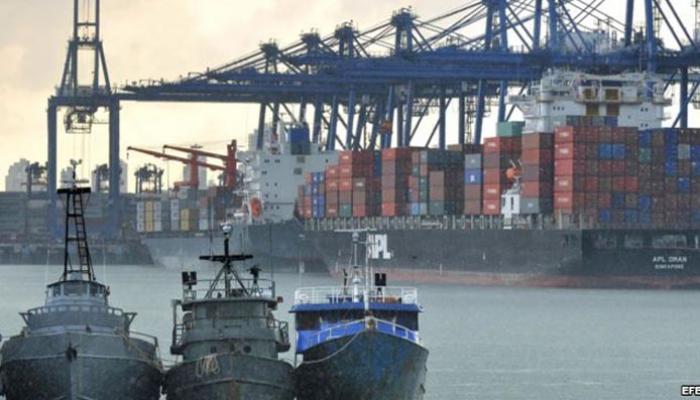
Cuba is increasing efforts to fulfil the expected growth of the Gross Domestic Product by 1.4% in 2014 after a less than expected increase in the first half of this year.... More

Argentina received in the Organization of American States –the OAS—a new expression of support for the charges it has levelled against the holders of the speculative funds, also known as the vulture funds, in relation to its major debts.... More
More Views
- United States votes against UN resolution in favor of the Palestinian people to self-determination
- Granma seeks alternatives to continue classes in earthquake-affected centers, with teachers offering their homes
- Annual solidarity conference of National Network on Cuba underway in U.S. city of Detroit, Michigan
- World Bank reports Israel’s aggression inflicts $8.5 billion in economic losses on Lebanon
- ELAM Alumni Congress concludes in Cuba

